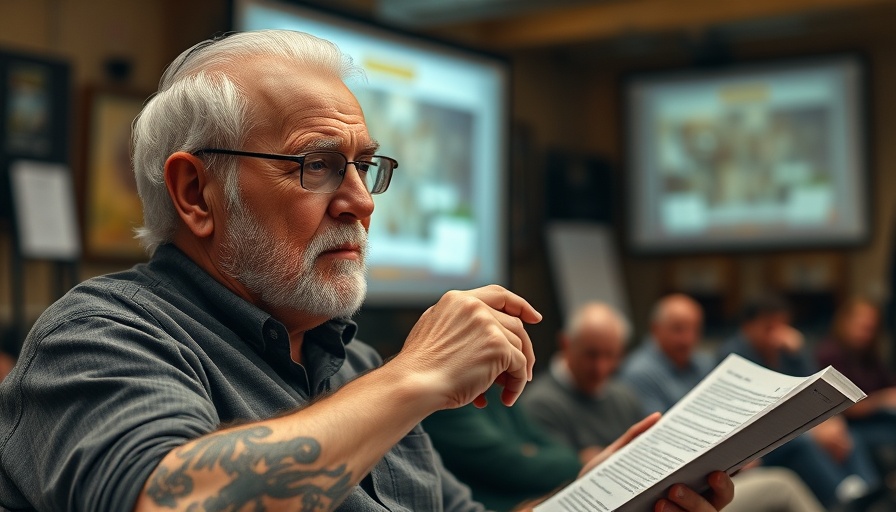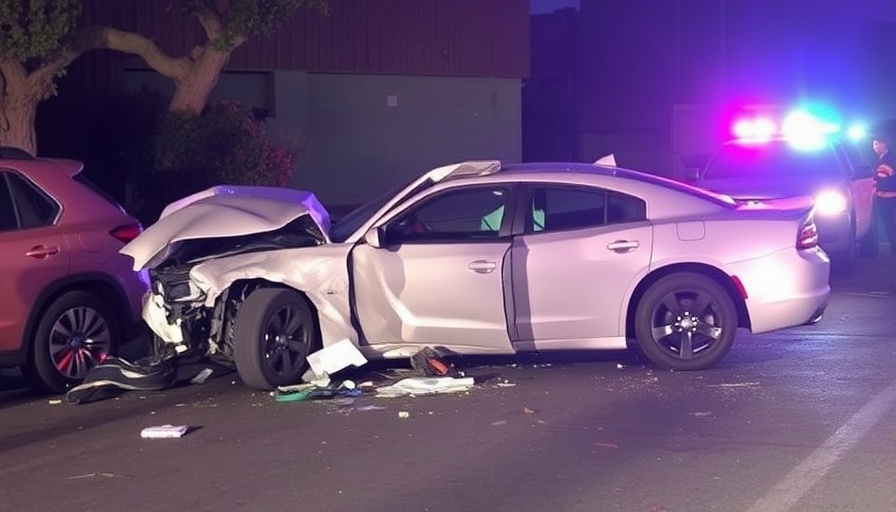
Understanding the Importance of Remembering the Holocaust
The visit to the Los Angeles Holocaust Museum by the Service Area Clergy Collaboratives serves as a poignant reminder of the significance of memory in the face of adversity. For participants, hearing the personal accounts of Holocaust survivor Joe Alexander, who detained memories long buried within his heart for decades, provided a powerful emotional and educational experience. These stories are more than mere historical accounts; they are vital narratives that emphasize resilience, hope, and the need for vigilance against hatred and prejudice.
Bridging Communities Through Shared History
Events like this one encourage an understanding of shared histories and the communal responsibilities to ensure such atrocities never occur again. The collaborative nature of the event, with clergy from various faiths coming together to contemplate a shared past, highlights the importance of collective remembrance and compassion in our communities. Bakerfield residents can learn from this occasion by actively engaging in events that promote awareness and dialogue about discrimination and its consequences.
Joe Alexander: A Living Testament to Survival
Joe Alexander’s visit was particularly moving. His resilience speaks volumes about the human spirit's ability to endure through unimaginable suffering. At 102, his recounting of his experiences during the war—dodging death at the hands of the infamous Dr. Josef Mengele—is a stark reminder of the importance of individual stories in shaping our understanding of history. Alexander not only survived but managed to thrive, relocating to different states before settling in Santa Monica. His journey teaches us that there is always hope, even in the darkest of times.
A Deep Emotional Connection
The emotional connection forged during the visit resonated deeply with those in attendance. As Alexander shared his tattooed identification number—a haunting token of his survival—audience members found themselves reflecting on the frailty of life and the importance of bearing witness to such stories. Moments of silence punctuated the event, allowing attendees to grapple with their emotions and connect on a human level, empathizing not just with Alexander’s experiences but also with the broader struggles against oppression.
The Significance of Artifact Donations
Another compelling aspect of the event was the donation of a historical artifact—a vest adorned with a golden star—by Abel Acuna. This poignant contribution from a survivor's family signifies the continuation of legacies and the preservation of stories that embody both loss and hope. Acuna’s connection to the Holocaust, reinforced by this vest, adds a personal touch that enhances the narrative of survival not just for individuals but for families and communities affected by hate.
A Call to Action: Remind and Renew Our Commitment
As the attendees left the museum, they carried with them not only stories of survival but a call to action—an obligation to educate, advocate, and remember. It serves as a challenge to all of us, especially those in Bakersfield and surrounding areas, to become more involved in recognizing historical injustices, ensuring history is not repeated. Community events and educational outreach can nurture a more informed and empathetic society.
Conclusion: A Shared Responsibility
The service area clergy collaboration at the Holocaust Museum underscores the ongoing need for remembrance, compassion, and conversation. Reflecting on Alexander’s story and Acuna’s artifact, each of us is encouraged to engage with the lessons from history. The community's role in fostering understanding and tolerance is paramount. As we remember the past, we must also look forward, united in the quest for a society free from hatred.
 Add Row
Add Row  Add
Add 



Write A Comment